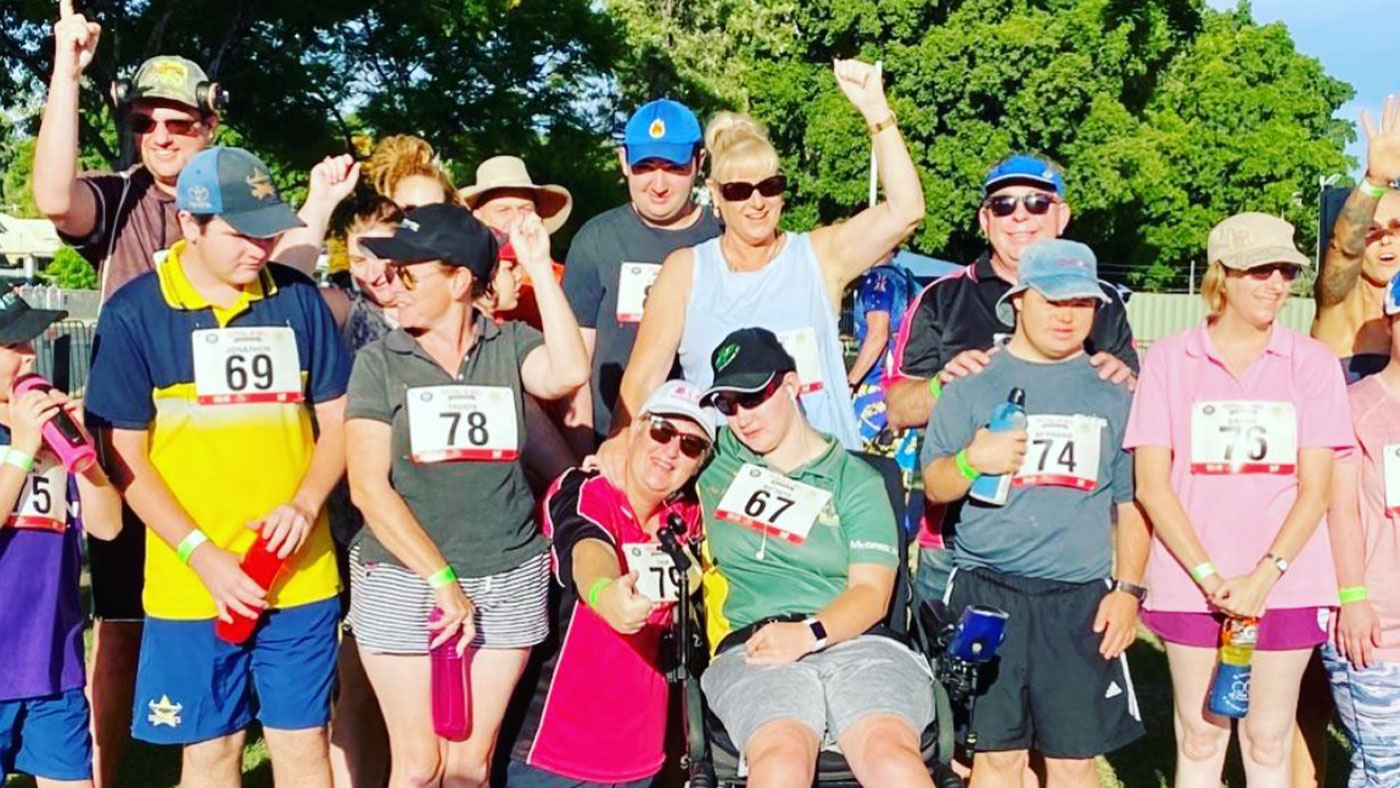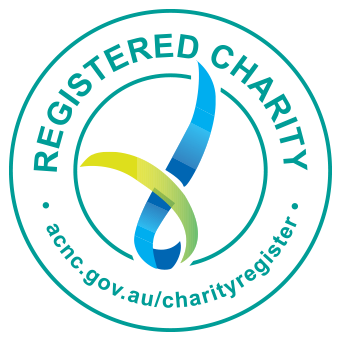
NDIS Services
NDIS Information
The National Disability Insurance Scheme (NDIS) is the new way of providing support for people with disability, their families and carers in Australia. The NDIS will provide about 460,000 Australians under the age of 65 with a permanent and significant disability with the reasonable and necessary supports they need to live an ordinary life. Reasonable and necessary supports help people with disability achieve their goals, including independence, community involvement, employment and wellbeing.
Supports may include personal care and support, access to the community, therapy services and essential equipment. The NDIS also provides people with disability, their families and carers with information and referrals to existing support services in the community.
The roll out of the NDIS began as from 1 July 2016 and is now in full swing through out Queensland.
The NDIS takes a flexible, whole-of-life approach working with participants, their families and carers, to develop individualised plans. The NDIS provides participants with more choice and control over how, when and where their supports are provided. It also provides certainty that they will receive the support they need over their lifetime.
The NDIS works to connect participants with community and mainstream supports. The NDIS also funds the additional reasonable and necessary supports to help participants pursue their goals and aspirations, and participate in
daily life.
Helping people to build their social and economic participation requires the NDIS to work closely with community organisations to identify opportunities for people with disability
To be eligible for the NDIS you must:
are under 65 when you make your application.
are an Australian Citizen or resident or permanent visa holder.
and meet the disability or early intervention requirements.
If you aged 65 years and over you will not be eligible for the NDIS. In most cases, you will receive support through the Commonwealth Aged Care System.
If you turn 65 years after you have become an NDIS participant you will have a choice. You can either continue to receive disability supports in the NDIS or receive supports through the Commonwealth Aged care system.
Or to meet the Early Intervention requirements for children:
your child is aged under 6 and has a developmental delay, and
you & your child have a disability that is likely to be permanent or early supports would reduce how much help you or your child need to do things in the future.
You may meet the disability requirements if:
• you have an impairment or condition that is likely, or is to be permanent (i.e. it is likely to be life long) and
• your impairment substantially reduces your ability to participate effectively in activities, or perform tasks or actions unless you have:
* assistance from other people or
* you have assistive technology or equipment (other than common items such as glasses) or
* you can’t participate effectively even with assistance or aides and equipment and
– your impairment affects your capacity for social and economic participation
and
– you are likely to require support under the NDIS for your lifetime.
An impairment that varies in intensity e.g. because the impairment is of a chronic episodic nature may still be permanent, and you may require support under the NDIS for your lifetime, despite the variation
The types of supports that the NDIS may fund for participants may include:
• daily personal activities
• transport to enable participation in community, social, economic and daily life activities
• workplace help to allow a participant to successfully get or keep employment in the open or supported labour market
• therapeutic supports including behaviour support
• help with household tasks to allow the participant to maintain their home environment
• help to a participant by skilled personnel in aids or equipment assessment, set up and training
• home modification design and installation
• mobility equipment, and
• vehicle modifications.
The NDIS Act and the rules made under the NDIS Act tell us which supports will not be funded by the NDIS. A support will not be funded if it:
• is not related to the participant’s disability
• duplicates other supports already funded by a different mechanism from the NDIS, such as Medicare or Departments of Education
• relates to day-to-day living costs that are not related to a participant’s support needs, or
• is likely to cause harm to the participant or pose a risk to others, of how the supports are given and which service providers you use.


